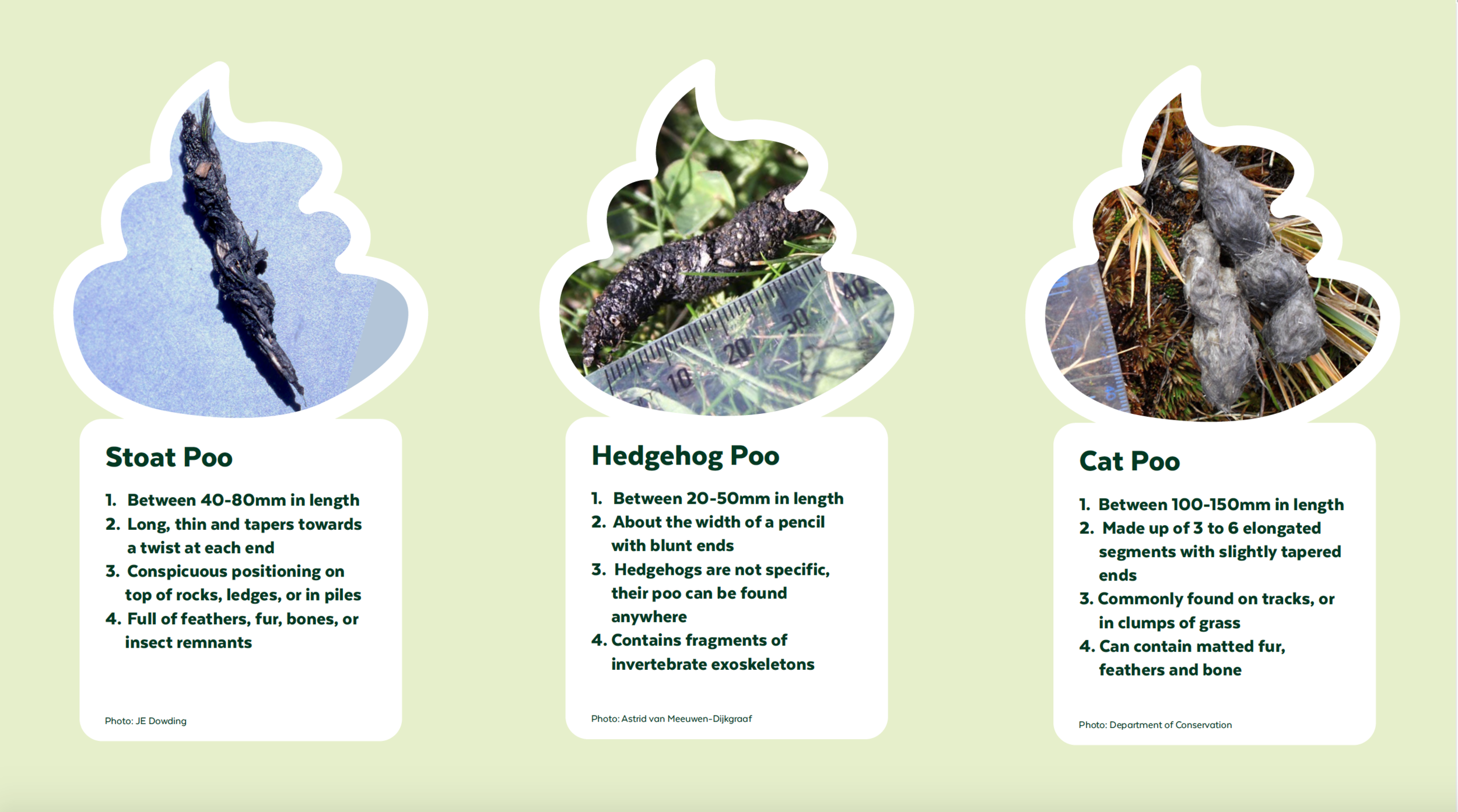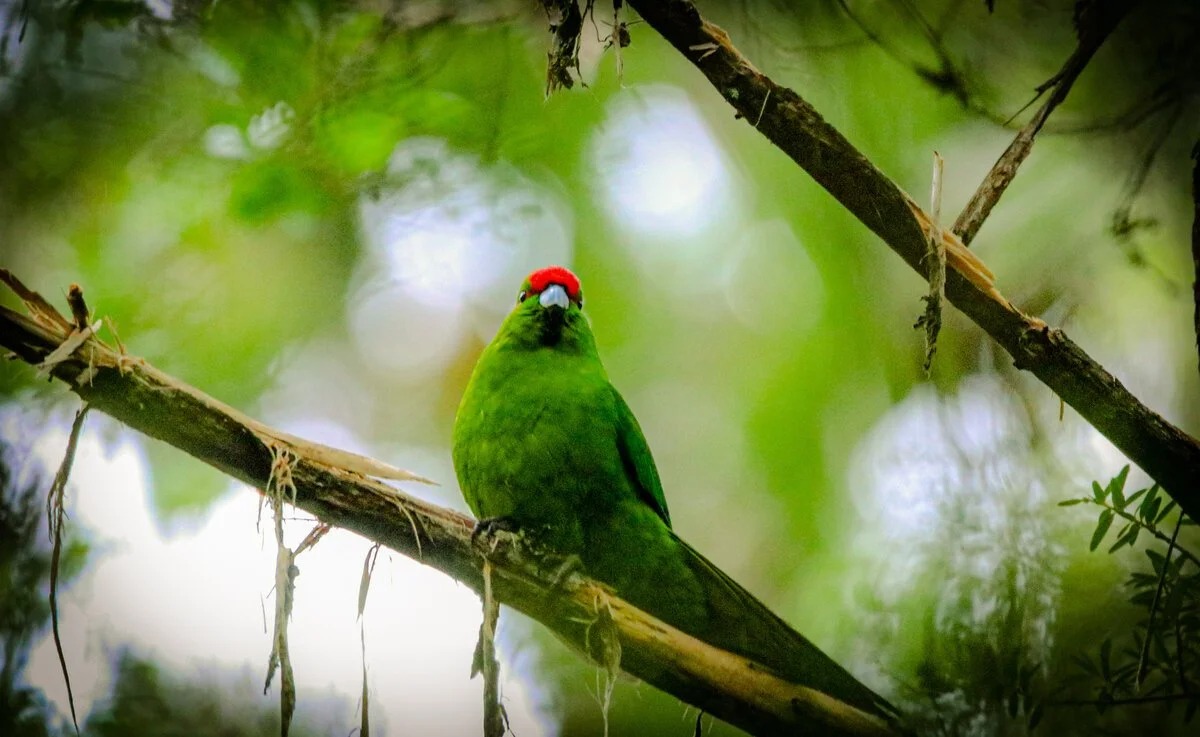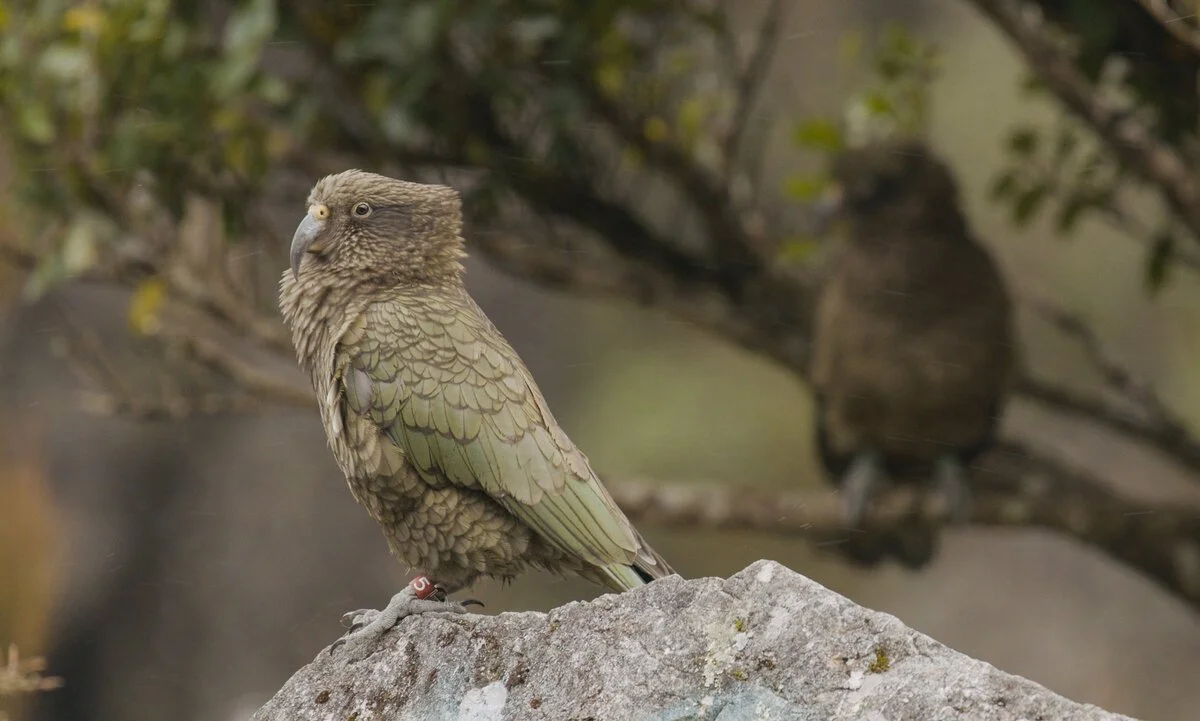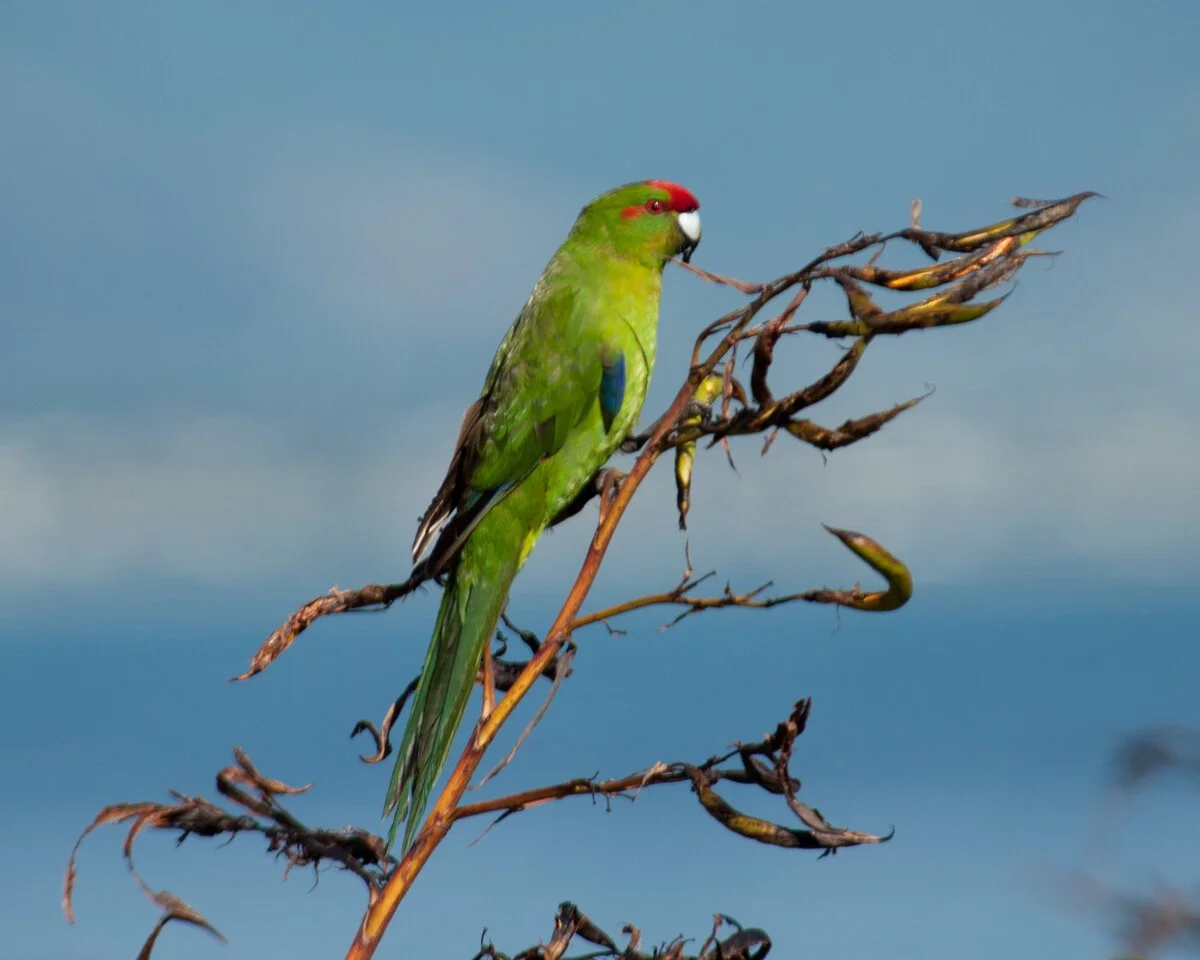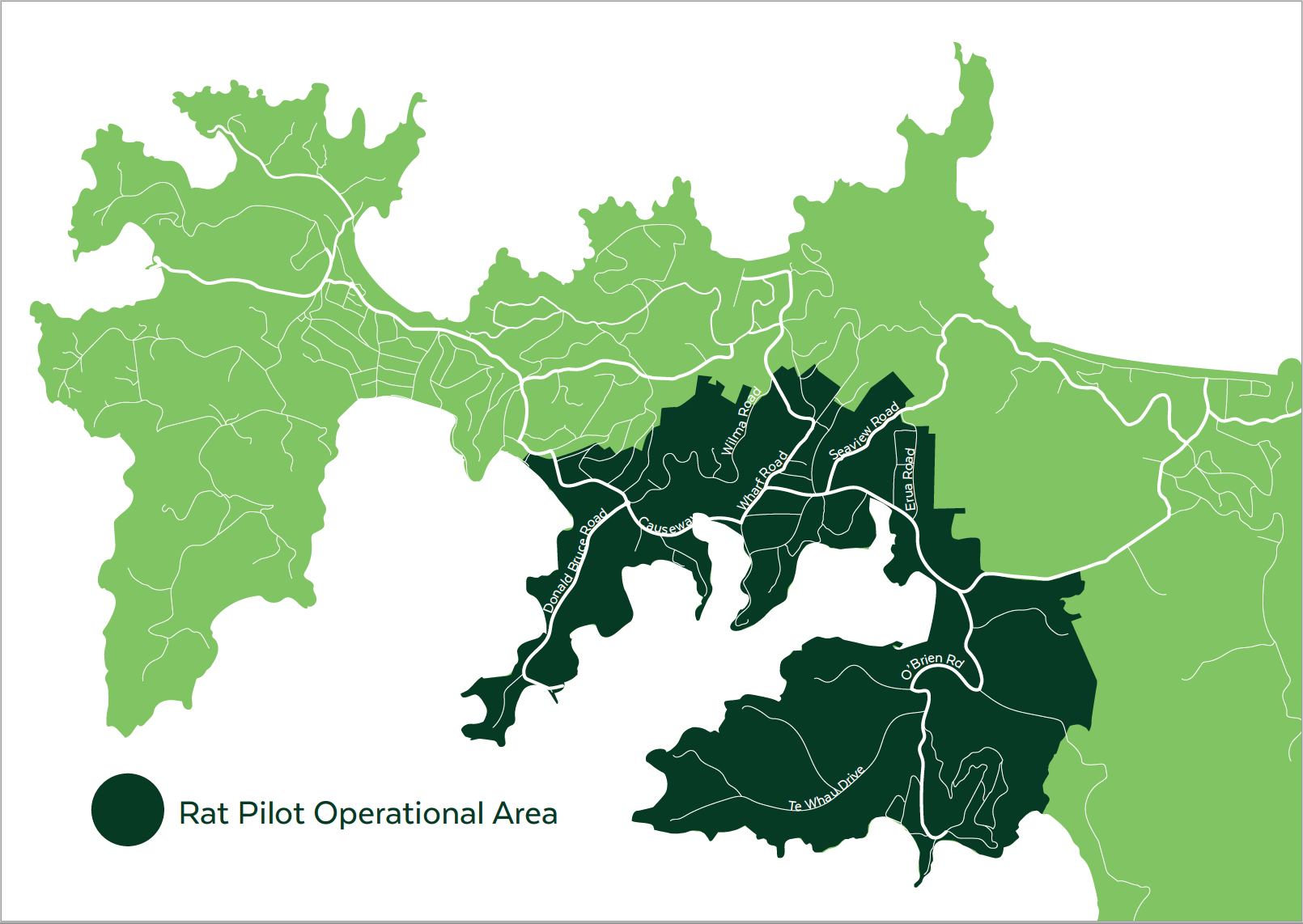
E koekoe te tūi, e ketekete te kākā, e kūkū te kererū
The tūi chatters, the kākā cackles and the kererū coo’s
Photo by Richard Tully
Waiheke wildlife hub
Discover more about the unique and fascinating wildlife that inspires and drives all of the mahi dedicated to its protection.
-

Backyard birding
Learn about Waiheke’s native birds with bird whisperer Tim Lovegrove, and how predator-free efforts help them thrive.
-

Waiheke Wildlife
Check out the gallery of Waiheke’s fascinating native species the communities working hard to protect.
-

Backyard bugging
Discover how you can make a difference in your backyard with these informative and entertaining videos about the insect world.
-

Learn more videos
Learn how to make Wētā motels, learn about predator free initiatives and much more
Latest news
Stay updated with the latest news on Waiheke’s conservation efforts
The long flight home: Bar-tailed godwits
Our borders might be closed, but that hasn’t stopped the influx of some 80,000 summer returnees to our shores. These are not your usual COVID-time travellers, walking in circles in MIQ facilities, they instead are the native bar-tailed godwits (kūaka) arriving home after their annual migration from Alaska.
Trapping together for Waiheke: 100th stoat milestone reached
Celebrating the collaborative efforts of delivery partners who are making milestones in the island stoat eradication possible.
The Scoop on Poop
As we head into the spring breeding season, the Te Korowai o Waiheke field team are asking the island community to keep their eyes peeled for something hairy, brown, and long but it’s not stoats they’re talking about, it’s their poo.
Finally, proof of kākāriki on Waiheke Island
Less than a month after the kākāriki photo competition went live across our platforms, we received word that images of a red-crowned parakeet had been captured in our very own Whakanewha Regional Park.
Waiheke Collective's Pestival Festival — Professor Margaret Stanley Talk
For an interactive and family-friendly day out head to the Waiheke Collective’s Pestival Festival Day at Piritahi Marae on Saturday 21 August. Celebrating ecological wins and Waiheke’s unique biodiversity, the schedule is packed with workshops, speakers, stalls and more.
Rat tales – A story of historic rat control on Waiheke
Rats have plagued Waiheke Island long before many of us arrived here. They have eaten their way through many a batch, boat, and bird on this little motu. Before the ever-widening range of different traps, snaps, baits, and weights, Waihekeians of times past had to get creative in their efforts to control rats
Fight for The Wild Screenings on Waiheke Island
Te Korowai o Waiheke has teamed up with Waiheke Cinema to bring Fight for the Wild to the big screen next month. The four-part documentary screens in the little cinema over the first two Sundays in August and for admission, a jar of smooth peanut butter will be accepted in place of a ticket.
The return of the kākāriki
A brilliant flash of green, and a rapid, high-pitched chattering amongst the trees. These are the characteristics of the New Zealand parakeet, or kākāriki in te reo Māori, that once flourished throughout the forests of New Zealand.
We have caught 90 stoats!
The stoat eradication team were excited to hit the 90 stoat milestone!
Rat eradication to be tested on Waiheke
Years of dedicated community pest control has led to the exciting opportunity to test eradicating rats on Waiheke Island. More than a thousand people on Waiheke are currently involved in community rat control groups, which is a big reason why Waiheke was chosen to conduct a rat eradication pilot.
Stoat Catch Locations and Density
Stoats have been caught all over the island, with the majority caught near the coast or a waterway. In this stoat catch heat map, the lighter coloured areas show that the highest density of stoats have been caught at the Rangihoua and Awaawaroa wetlands.
Genetic Analysis of Stoats on Waiheke Island
Did you know that recent genetic analysis shows that stoats on Waiheke are inbred?
It will take everyone working together to make Waiheke predator-free. Learn all about the Whānau!



